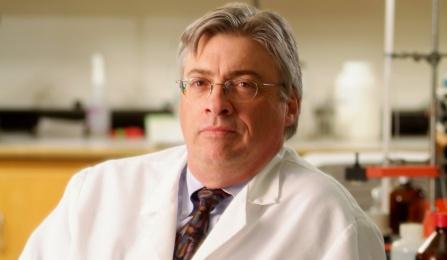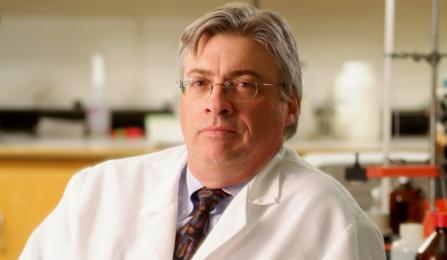
Credit: Douglas Levere
BUFFALO, N.Y. – Nearly 90 percent of patients at long-term care facilities don't take advantage of dental services, even when they are free, a recent study by University at Buffalo researchers has found.
The research, published last month in Special Care in Dentistry, found that the longer a patient stayed at a long-term care facility, such as a nursing home or assisted living facility, the more likely they were to use dental services. But even among those who stayed at the facility for years, just 55 percent of patients used the services.
The low usage rate at long-term care facilities echoes a similar issue among the general population. In fact, according to 2014 data from the Centers for Disease Control and Prevention, nearly four in 10 American adults don't visit the dentist.
"There is a problem within the population as a whole toward appreciation for dental care. The perception is that if you don't have pain, you don't have a problem," says Frank A. Scannapieco, DMD, PhD, lead investigator on the study and chair of the Department of Oral Biology in the UB School of Dental Medicine.
The study examined the dental and medical records of more than 2,500 residents at the Brothers of Mercy Nursing and Rehabilitation Center in Clarence who were discharged between 2008 and 2012. Among the group, only 10 percent received a dental exam at least once during their stay.
The average length of stay at the facility was two years, with nearly half of patients staying less than a month. Usage rates of dental services ranged from 7 percent for patients who stayed less than a month, to 30 percent for those who stayed between a month and two years. Usage rates increased to 55 percent among those who stayed beyond two years.
Age was also a factor. Patients who were 76 years of age and older were twice as likely to use dental services compared to their younger counterparts.
Patients with endocrine, nutritional, metabolic, immunity disorders, mental disorders and circulatory system diseases were more likely to receive dental services as well.
Scannapieco suggests that for patients staying less than a month, often for short-term rehabilitation, medical treatment took priority over dental services. These patients were also likely to have their own dentists outside of the facility.
However, he said, he was surprised to find that the usage of dental services remained low among the rest of patients.
The New York State Department of Health requires that all patients newly admitted to long-term care facilities be offered dental services upon admission and annually afterwards. The patients are saying no.
Financial barriers are a common deterrent for patients in need of dental care, says Scannapieco. And Medicare, he adds, does not cover many procedures.
But Medicare does cover dental exams. In many cases, he finds, oral health care takes a backseat to other medical needs.
Improving attitudes toward dental care may lie in connecting oral health with overall health and quality of life, says Scannapieco.
"We need to do the research that answers if excellent dental health translates into prolonged life, health and perceptions of quality of life," says Scannapieco.
"That is one of the major questions around dental care that is still unanswered: Does optimal dental care prevent medical diseases."
###
Other investigators on the study include Mine Tezal, DDS, PhD, assistant professor in the UB School of Dental Medicine, and UB dental students Marc Salme and Summar Amin.
Media Contact
Marcene Robinson
[email protected]
716-645-4595
@UBNewsSource
http://www.buffalo.edu
############
Story Source: Materials provided by Scienmag




